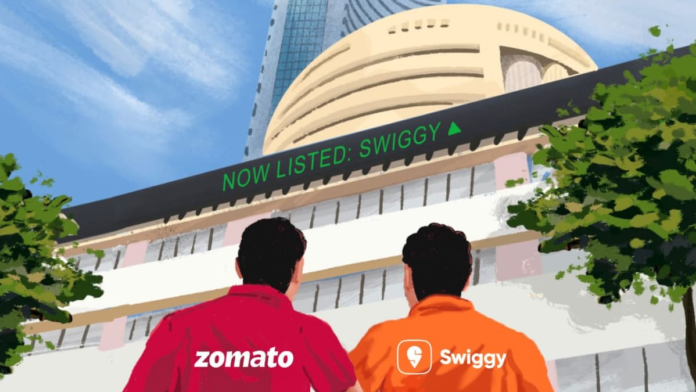Top restaurateurs have voiced their concerns regarding the entry of food delivery aggregators like Zomato and Swiggy into private labelling and the dining-in business. At a town hall organised by the National Restaurant Association of India (NRAI) on Wednesday, industry leaders alleged that ventures such as Zomato’s Bistro and Swiggy’s Snacc are drawing customers away from their establishments by offering food prepared in third-party commercial kitchens under their brand labels.
Unfair Competition and Uneven Playing Field
Sagar Daryani, president of NRAI and CEO of WOW! Momos, expressed concerns about the unfair competition created by these aggregators. He pointed out that apps like Bistro and Snacc are leveraging their access to restaurant data to redirect customers to their private labels. “They are getting products made from third-party commercial kitchens and selling them under their own private label. With access to our data, they can offer similar food items at better prices without the burden of high commissions,” Daryani told The Indian Express.
Daryani also highlighted the aggregators’ entry into the dining-in segment, where they charge commissions for table reservations while offering significant discounts to attract customers. “In delivery, they provide a service, but in dining-in, they merely bring the customer to us without adding any value to the experience. Currently, they charge 3-5 per cent, but this could increase over time,” he warned.
Zomato’s Response to Allegations
In response to these allegations, Zomato CEO Deepinder Goyal clarified that Bistro is not a private label or an extension of Zomato’s kitchen operations. He reassured restaurant partners that Zomato does not compete with them and that Bistro operates as a separate app. According to Goyal, Bistro’s menus are curated based on publicly known snacking trends, and the team does not have access to Zomato’s restaurant data.
Proposed Solutions and Alternative Platforms
Riyaaz Amlani, CEO of Impresario Entertainment & Hospitality Pvt Ltd, suggested that restaurants should provide better incentives to customers who choose to dine indirectly rather than through aggregators. “Since June, we have seen 20 per cent of our dining-in traffic coming from aggregator platforms. If this continues, they could capture 40 per cent in a year,” Amlani said, emphasizing the need for proactive strategies.
NRAI’s Daryani also stressed the importance of exploring alternative platforms such as the Open Network for Digital Commerce (ONDC),
» Read More


